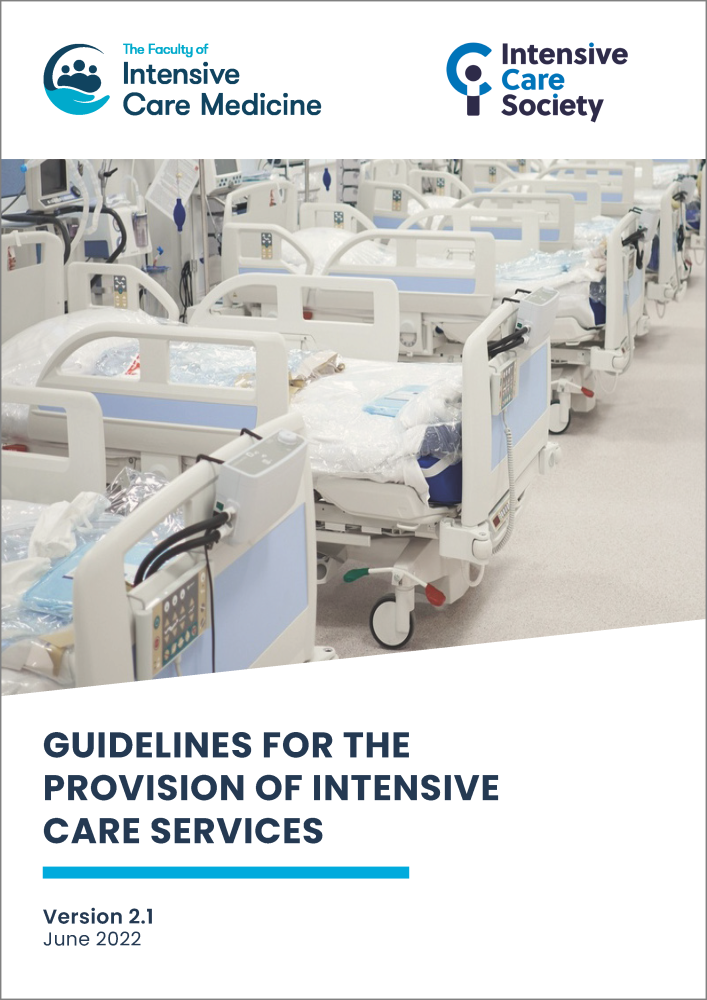Guidelines for the Provision of Intensive Care Services
GPICS v2.1 (2022) is the definitive reference source for planning and delivery of UK Intensive Care Services. GPICS is a collaboration between the FICM and the Intensive Care Society (ICS), administered by the Faculty.
GPICS version 2.1 builds on the previous publication to encompass the lessons learned during the COVID-19 pandemic, emerging literature, changing practice or opinion.
GPICS is broken down into chapters and sections which are clear and concise. After Chapter One, each has the standard format of Introductions, Recommendations, Standards, Background, References and Relevant Ongoing Research. Some chapters also have Additional Information section.
The role of a document such as GPICS, is to improve the standards of care that critically ill patients receive and to reduce geographical variation. GPICS has also been used to benchmark and assess local services by the Care Quality Commission (CQC).
Advice statements are made in GPICS in two ways:
Standards
Standards must be routine practice in UK ICM. These are the key elements that should be used to make commissioning priorities for UK critical care units.
Recommendations
Recommendations should be routine practice in UK ICM and are endorsed by both the FICM, the ICS, and stakeholder organisations.
Meeting the standards
For every unit, there will be some aspects of GPICS that are not currently met and we hope that units will use these gaps as a driver and focus of where to develop and enhance their local service for the benefit of patient care.
There is a GPICS Audit Toolkit which units can use to measure their progress.
Editions
The fist version of GPICS was pubslished in 2015. In 2016, GPICS Edition 1 was subject to a review. Edition 2 began in Summer 2017 and was published Summer 2019. Edition 2.1 was published in Summer 2022 and work on Edition 3 will being at the end of 2022.
GPICS is not a static document.
It will be updated to reflect changes in practice and evidence. We welcome any advice from the critical care community on necessary updates.

